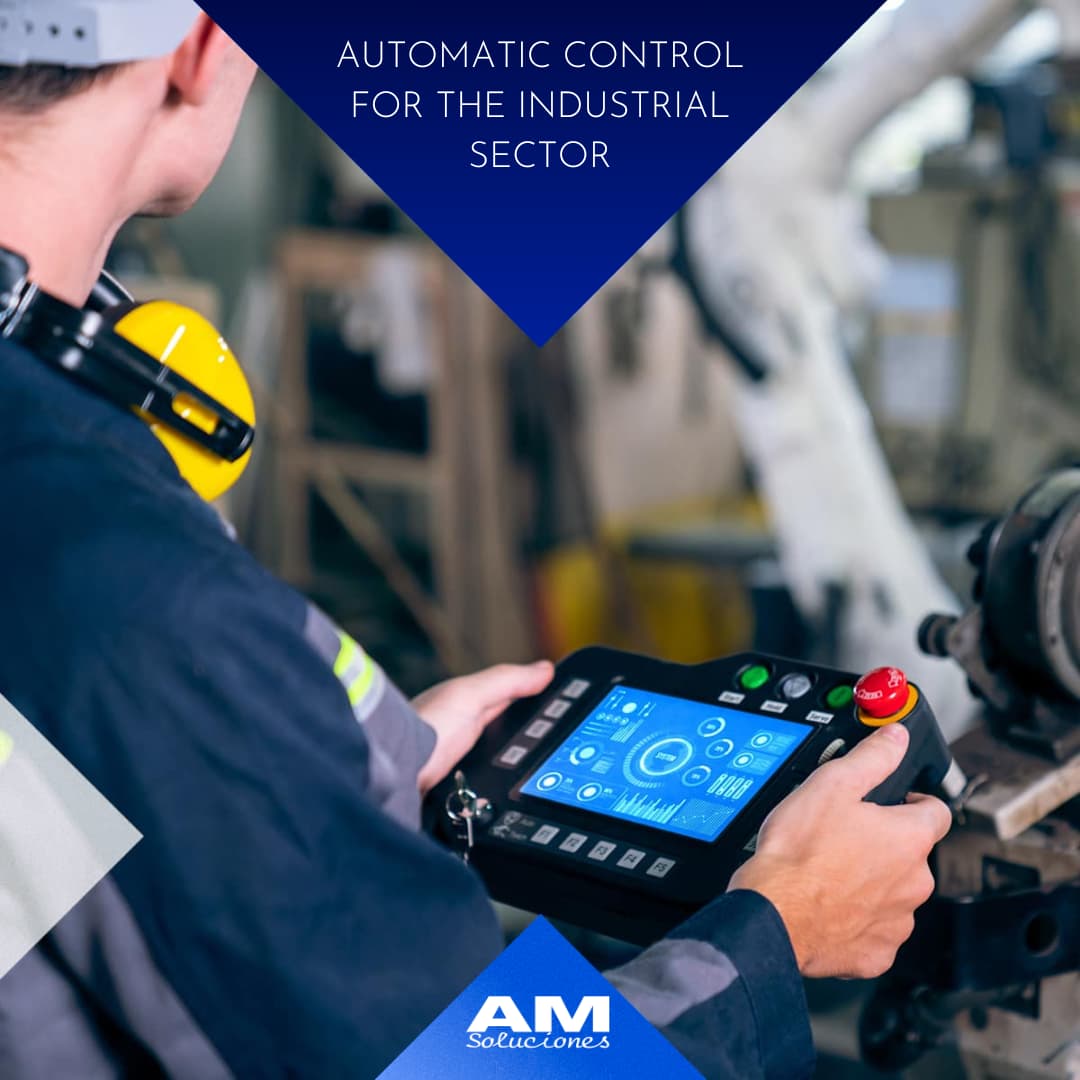Automatic control refers to the use of technologies and systems to automatically monitor and adjust the operation of machinery and processes in a factory or plant. Many current production operations are so complex that they are sometimes almost impossible to control manually, by automating them, industrial processes can be carried out almost without setbacks. In this blog we are going to explain the advantages of applying it and what aspects must be considered to install it.
Advantages of applying automatic control
Automatic process control or industrial automation means converting tasks that were carried out manually into processes executed by machines with different degrees of autonomy depending on the type of task, thus providing different industrial solutions. This process has five major advantages for most industrial companies:
- Increased efficiency: with automation, more things are achieved with fewer resources, work productivity is increased, energy is saved. Production time is also reduced and the use of available resources during industrial processes is optimized.
- Reduction of costs and minimization of errors: When you switch to automatic control or industrial automation, the tasks are carried out automatically and several at the same time, this implies that lower labor costs are needed and they are detected and automatically correct possible errors that may arise in the industrial process, in addition to the disappearance of errors that were made with manual control.
- Product quality improvement: As we have mentioned before, manual errors disappear and other errors are detected and corrected in less time, therefore, the quality of the process and the product improves.
- Greater security: The industrial solutions provided by automatic control regarding security are ideal, since in processes that are dangerous, the risks of accidents are minimized and the safety of workers improves.
- Flexibility: Industrial automations are more flexible than manual controls, as they have a greater ability to adapt to production conditions and requirements.
Aspects to consider before implementing automatic control in your company
The implementation of industrial automation in a company can be a complex process, but following some basic steps can be achieved successfully. Here are some recommendations:
- Evaluate your needs: Identify which processes can be automated and what goals you hope to achieve with automation. You must consider the impact on production, quality, efficiency and safety.
- Look for suitable solutions: Research and select the automation systems and technologies that best suit the needs of your company. At AM Soluciones we help you choose the most suitable industrial system and solution for your business.
- Plan the implementation: Establish an implementation plan that includes the schedule, the necessary resources, those responsible for the implementation, and the specific objectives that are expected to be achieved at each stage of the industrial process.
- Carry out tests: Before final implementation, carry out pilot tests to ensure that the automation system meets expectations and is correctly integrated into the production process.
- Train workers: Employees must be trained to operate automation systems and understand changes that have been made to production processes. Offer training and coaching to ensure they can use the systems effectively.
- Evaluate the results: Once the automation system is in place, regularly evaluate the results to measure the impact on production, quality and profitability. Make adjustments and improvements if necessary.
In conclusion, the automatic control of the industrial process is very valuable today to optimize resources, improve productivity and generate greater competitiveness in the market. For this reason, we offer various industrial solutions for your company, from the manufacture of cabinets for industrial processes to the programming of PLCs.
